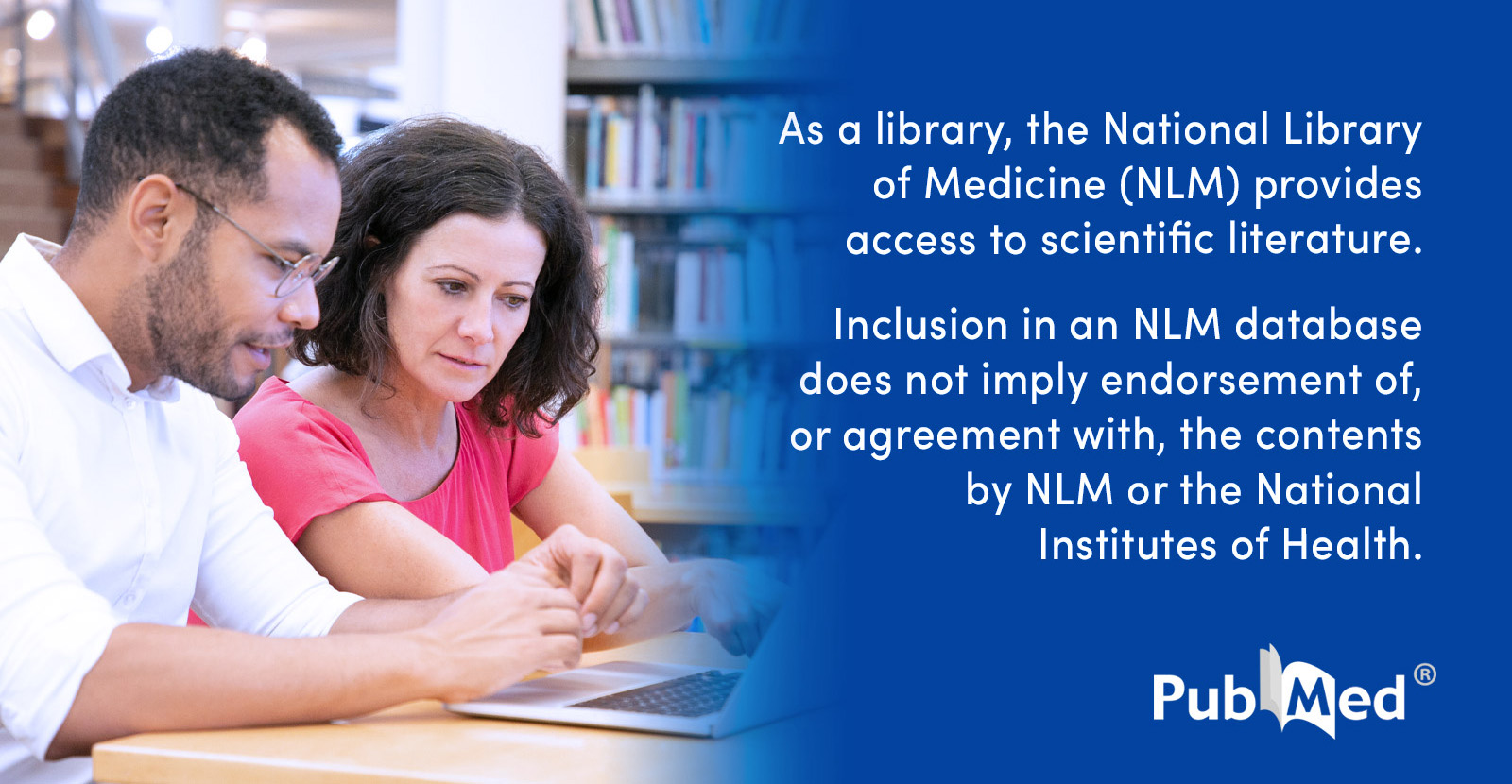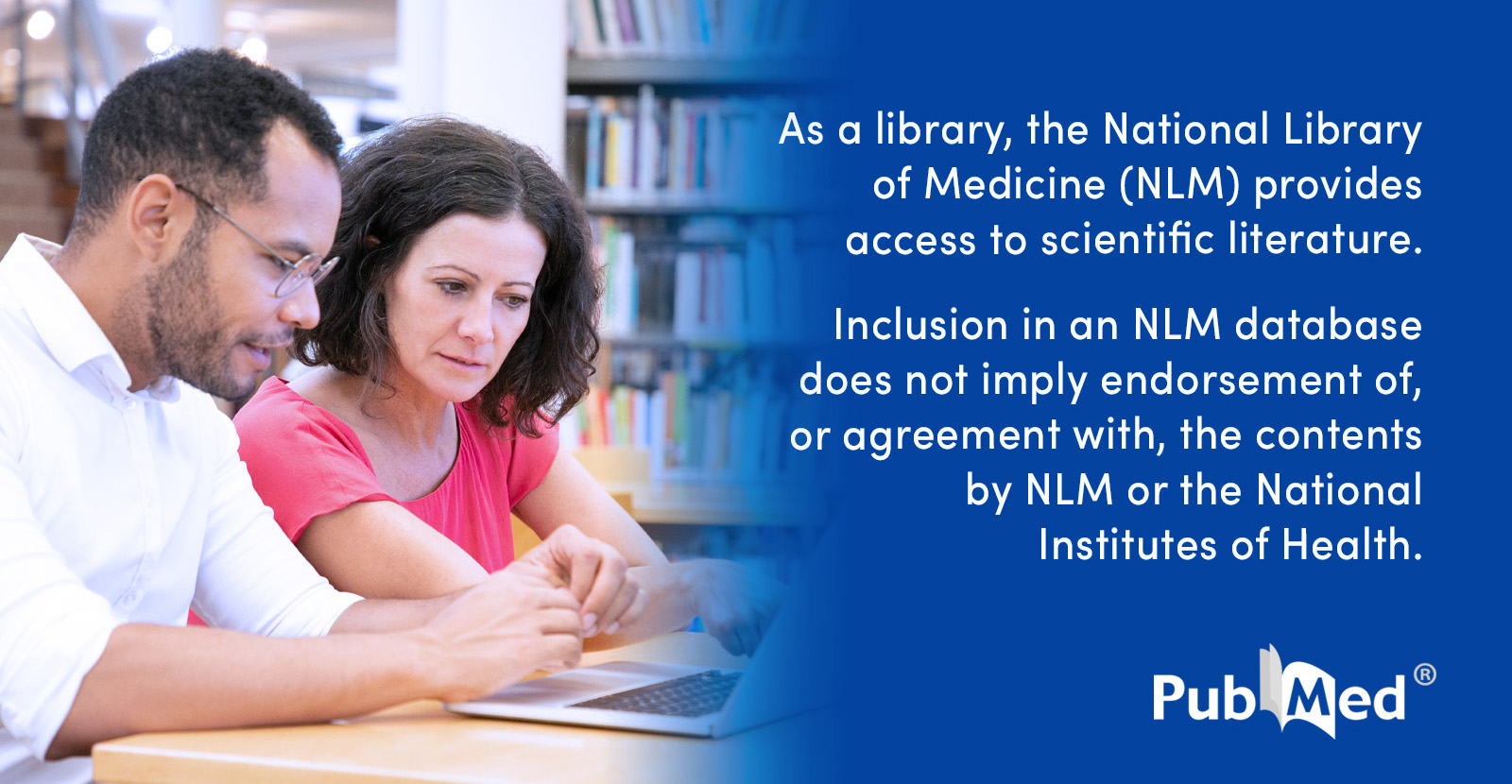Examining the effects of role play practice in enhancing clinical skills to assess and manage suicide risk.
Autor: Gryglewicz, Kim; Monahan, Maureen M.; Chen, Jason I.; Bozzay, Melanie; Bender, Ansley; Gleason, LaDonna L.; Witmeier, Melissa; Karver, Marc S.
Publication year: 2020
Journal of mental health (Abingdon, England)
issn:1360-0567 0963-8237
doi: 10.1080/09638237.2018.1521936
Abstract:
Background: Mental health professionals (MHPs) often lack skills necessary to effectively manage suicide risk. Training designed to combat this deficiency tend to rely on passive techniques, despite research suggesting active methods may better facilitate skill development.Aim: This study examines the effect of a role-play training on MHPs’ attitudes, subjective norms and perceived behavioral control surrounding suicide risk assessment behaviors.Methods: Two hundred and three MHPs participated in a 4.5 hour role-play training after participation in an online suicide risk assessment training. The training utilized active learning and behavioral modification strategies. MHPs completed questionnaires assessing attitudes, subjective norms, perceived behavioral control and training variables.Results: MHPs endorsed positive attitudes, social norms and perceived behavioral control in suicide risk assessment and management skills, especially in assessing/determining the severity of risk, establishing rapport, documenting risk assessment information and developing a treatment plan. Results also revealed support for the feasibility of disseminating role-play training utilizing active learning methods.Conclusion: Factors found to be associated with participation in the role-play training are discussed. Findings may inform future development and improvement of suicide risk assessment training and practices that target risk and protective factors to effectively reduce suicide-related behavior.
Language: eng
Rights:
Pmid: 30633596
Tags: Humans; Female; Male; *Attitude of Health Personnel; Clinical Competence; Mental Health Services; *Social Norms; risk assessment; Risk Assessment/*methods; *Suicide Prevention; Health Personnel/*education; Suicide; *Role Playing; Behavior Control/*psychology; role-play training
Link: https://pubmed.ncbi.nlm.nih.gov/30633596/








